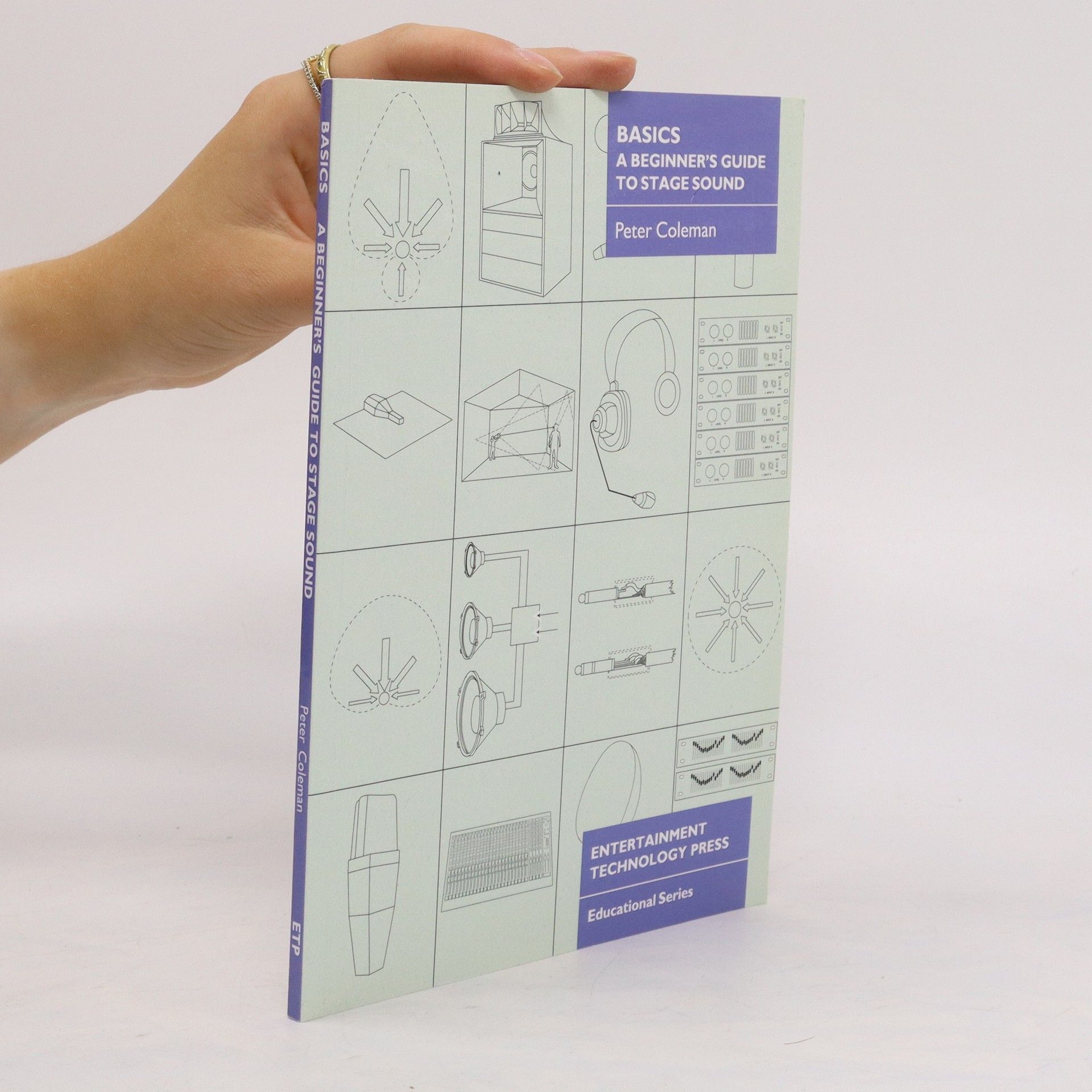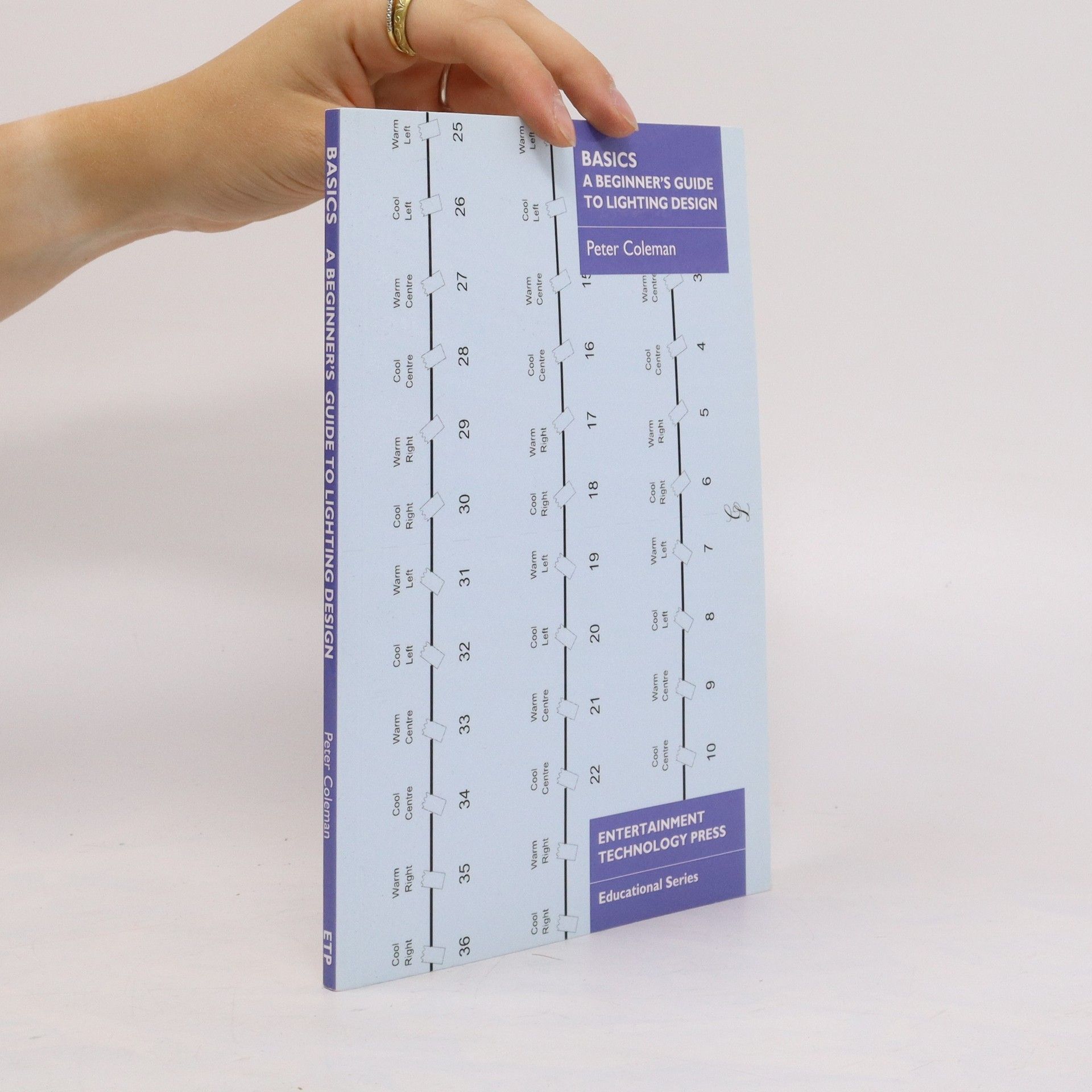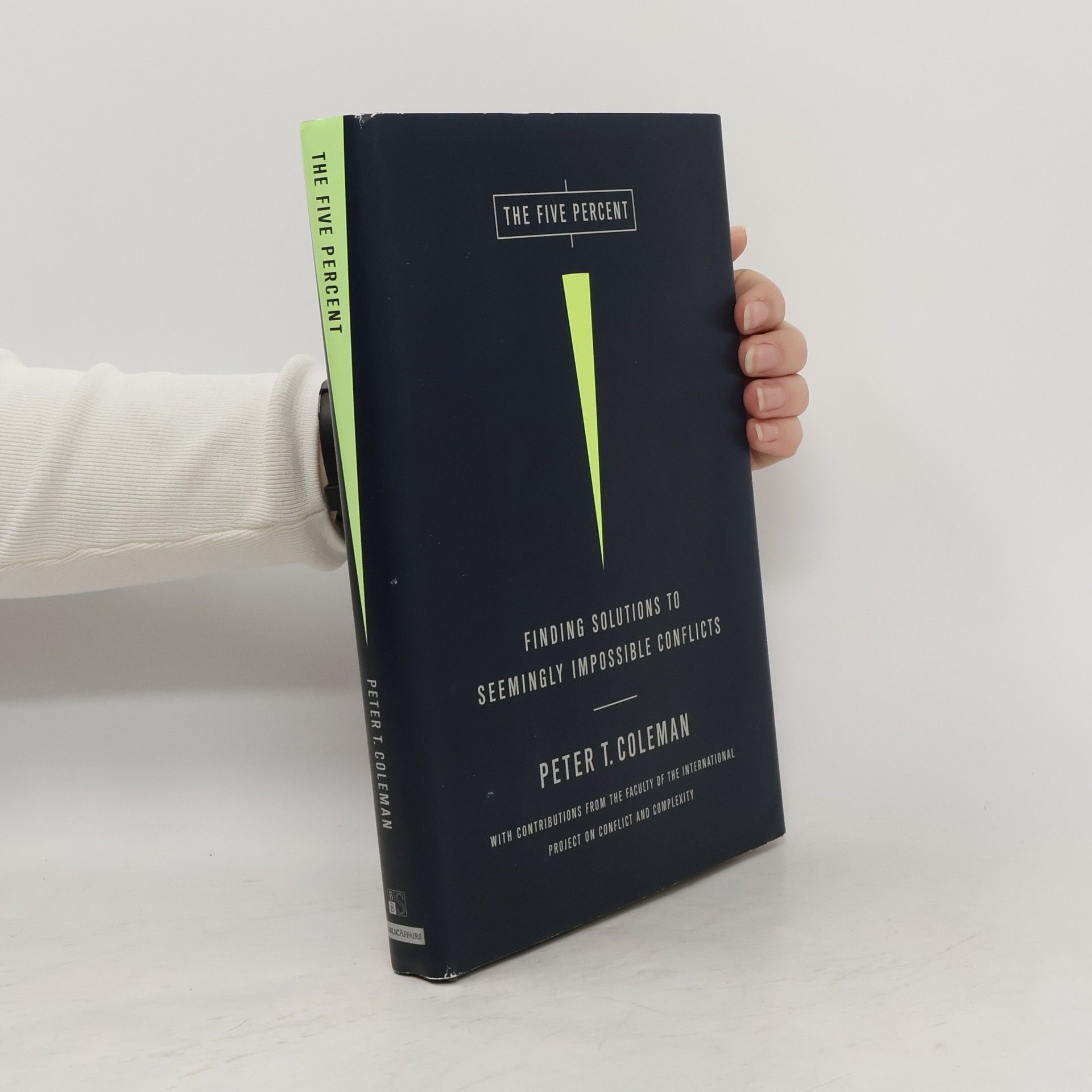Making Conflict Work
- 304pages
- 11 heures de lecture
A practical guide to navigating workplace conflicts by better understanding the power dynamics at play in every interaction
Le Dr. Peter T. Coleman explore en profondeur la dynamique des conflits et la recherche de solutions pour des différends apparemment impossibles. Son travail examine les relations complexes entre le pouvoir, l'injustice et les conflits internationaux, offrant des voies vers une paix durable. S'appuyant sur des recherches approfondies et une pratique universitaire, les perspectives de Coleman offrent aux lecteurs de nouvelles façons d'aborder les désaccords dans divers contextes. Son approche novatrice souligne le pouvoir de la médiation adaptative et les fondements psychologiques d'une paix durable.






A practical guide to navigating workplace conflicts by better understanding the power dynamics at play in every interaction
A conflict resolution specialist explores the nature of disputes that become intractable quagmires, and offers cutting edge methods for solving them.
The social psychologist Peter T. Coleman explores how conflict resolution and complexity science provide guidance for dealing with seemingly intractable political differences. The Way Out is a vital and timely guide to breaking free from the cycle of mutual contempt in order to better our lives, relationships, and country.
This title does what it it introduces newcomers to the world of stage lighting. It will not teach the reader the art of lighting design, but will teach beginners much about the 'nuts and bolts' of stage lighting. It covers lanterns, dimmers, control systems, lamps, electrical safety, rigging theory, etc and is packed with good, common sense advice which unravels some of the mysteries of the industry's jargon.This book will provide an excellent introduction for anyone taking their first steps into theatre school pupils and students, amateur theatre enthusiasts, professionals seeking a career or vocation change or theatre professionals who have specialised in other areas.The book is clearly written and illustrated making it an east to understand reference work for the stage lighting novice.
This book aims to cover the basics of performance lighting design for theatrical productions taking place in a theatre or similar performance space
Introduces newcomers to the world of special effects. It describes all types of special effects including pyrotechnic, smoke and lighting effects, projections, noise machines, etc. It places emphasis on the safe storage, handling and use of pyrotechnics
Franz Liszt is well known for his early years as ‘super-star’ pianist who excited audiences throughout Europe, but his later life is also of great interest. In his final 25 years he sought to achieve his life’s aims of promoting new forms of music and giving stronger witness to his Christian faith, while continuing to support his stalwart life partner Princess Carolyne. However, he was to face unexpected problems in the continued negative reception of his music and recrimination in his closest relationship. Drawing on detailed analysis of Liszt’s correspondence from his fiftieth year onwards, Peter G. Coleman approaches his later life as a case study of an older person grappling with a succession of often disturbing life experiences. These included the deaths of two of his children, political upheaval and war within Europe, and a growing realisation of his own past failings. Liszt suffered frequent bouts of depression but never ceased composing music nor steadfastly heeding Christ’s command to bear one’s cross. This sensitive treatment of an extraordinary individual will appeal to the scholar and general reader alike.